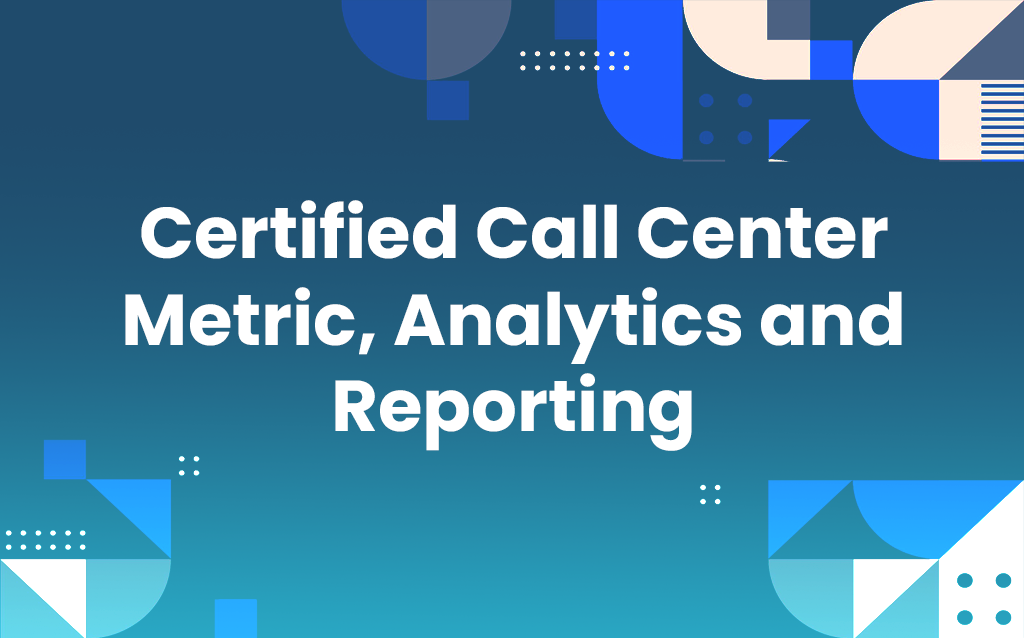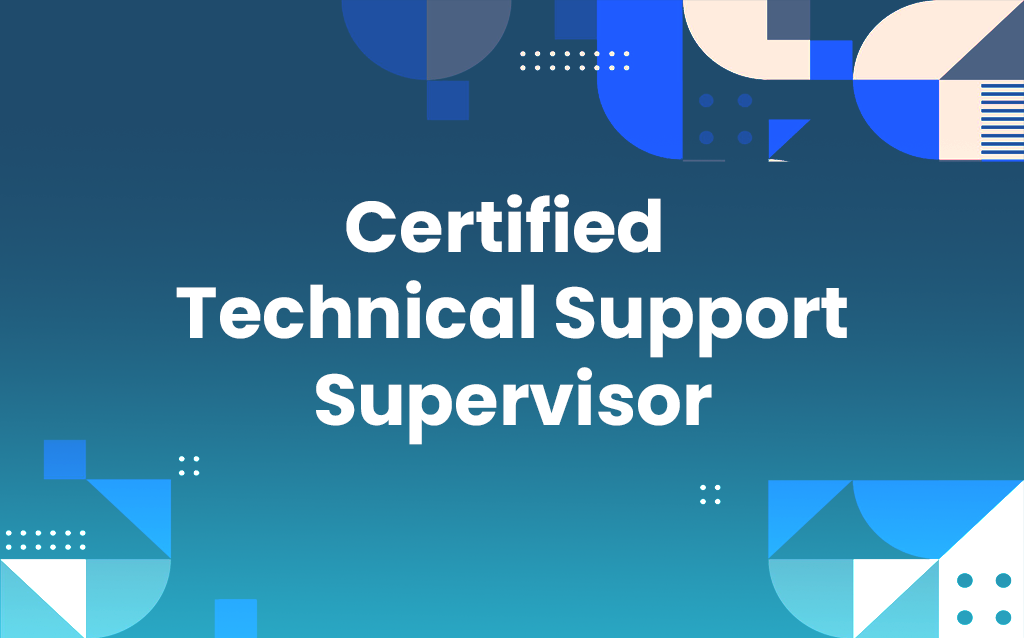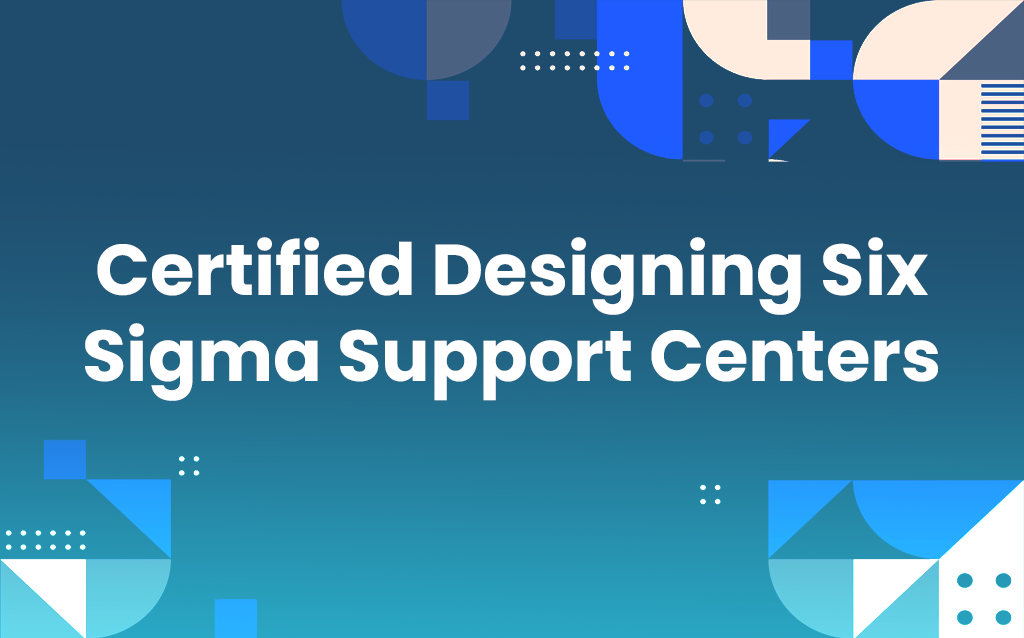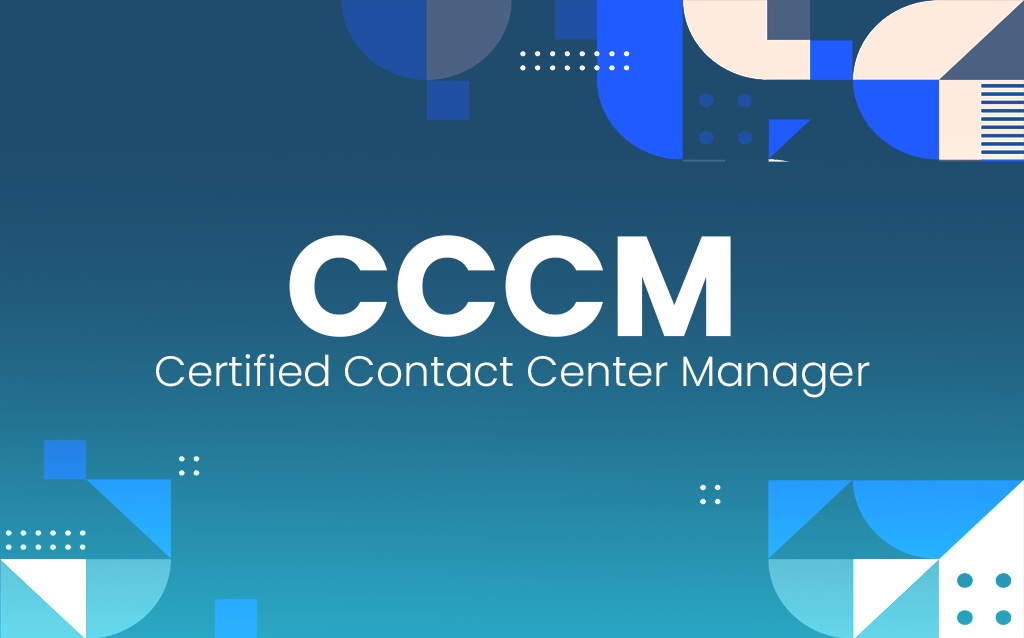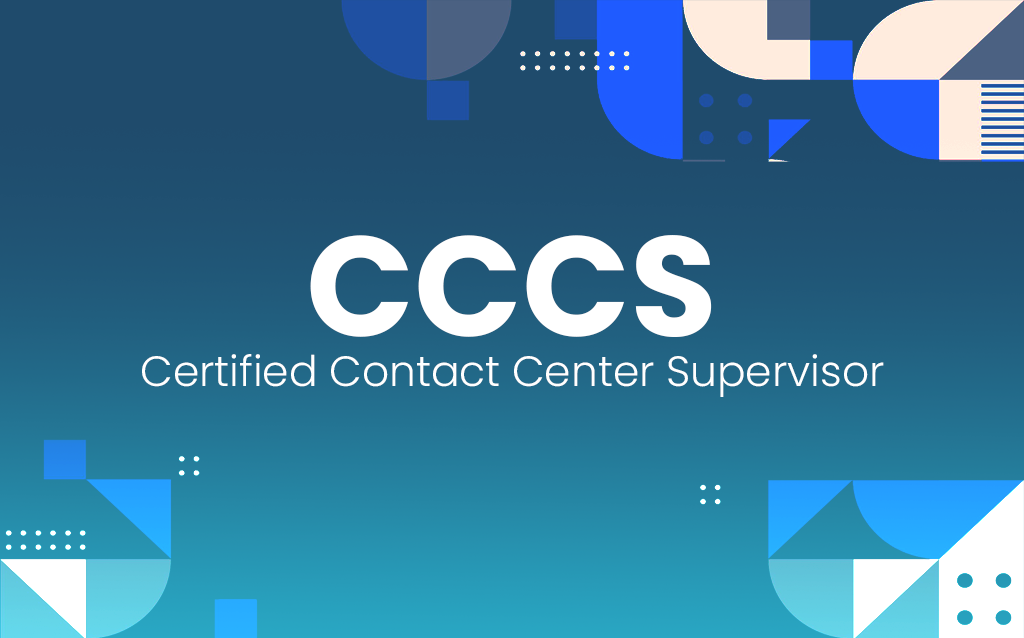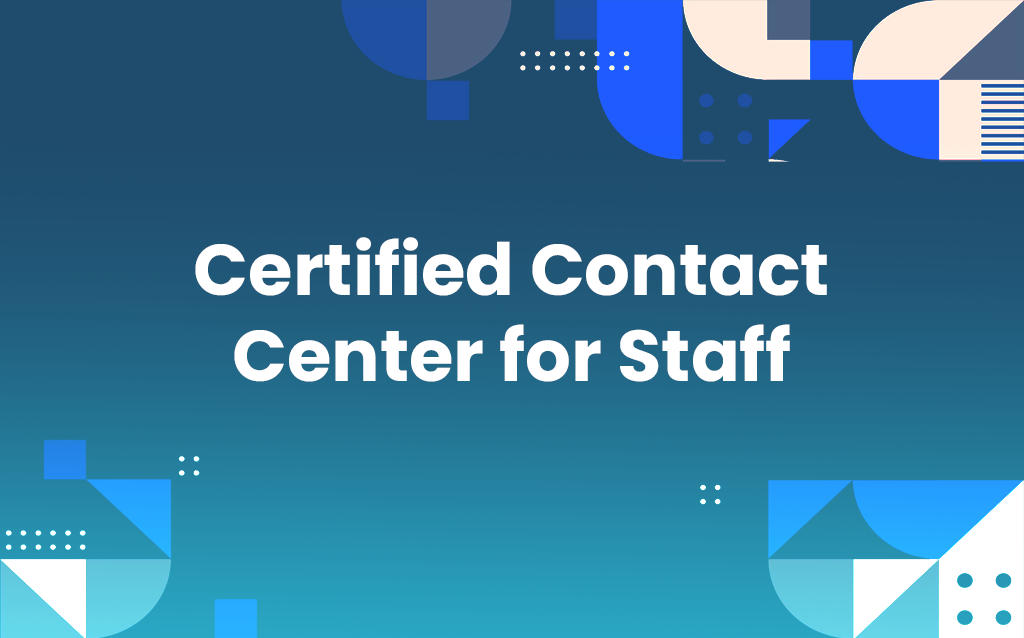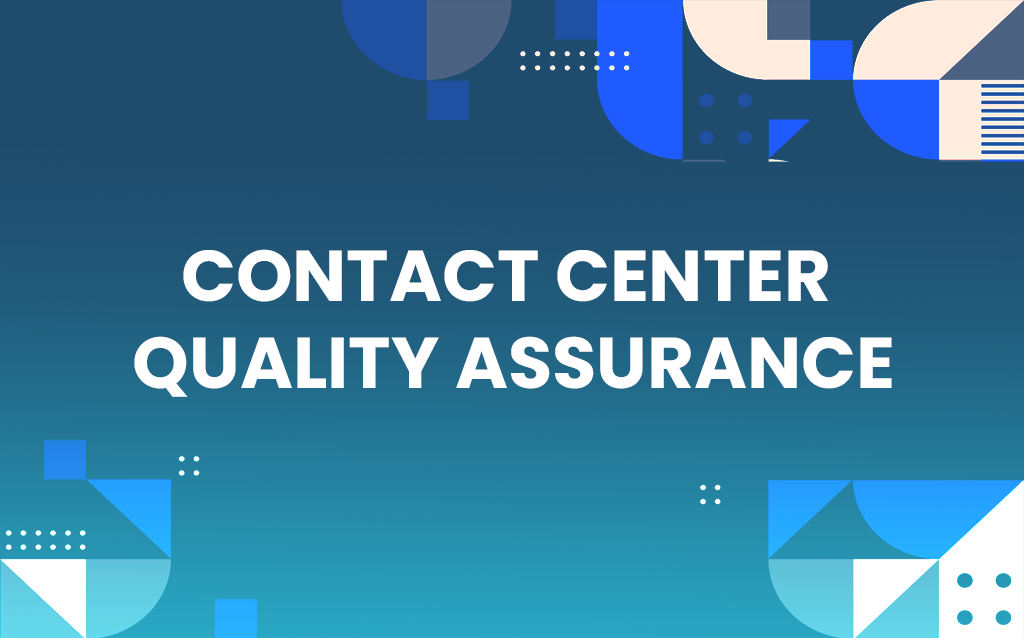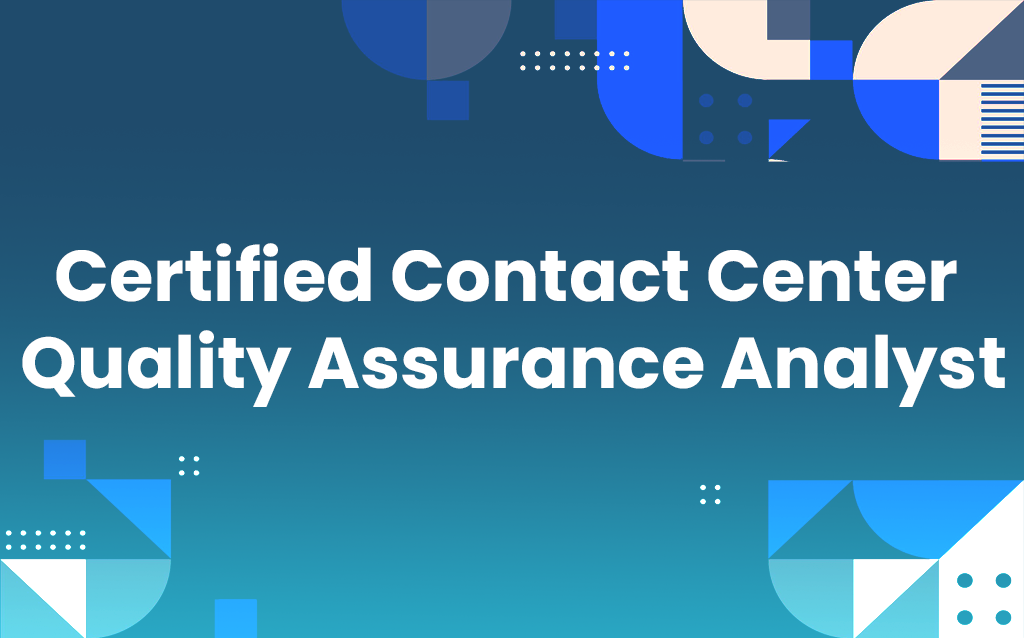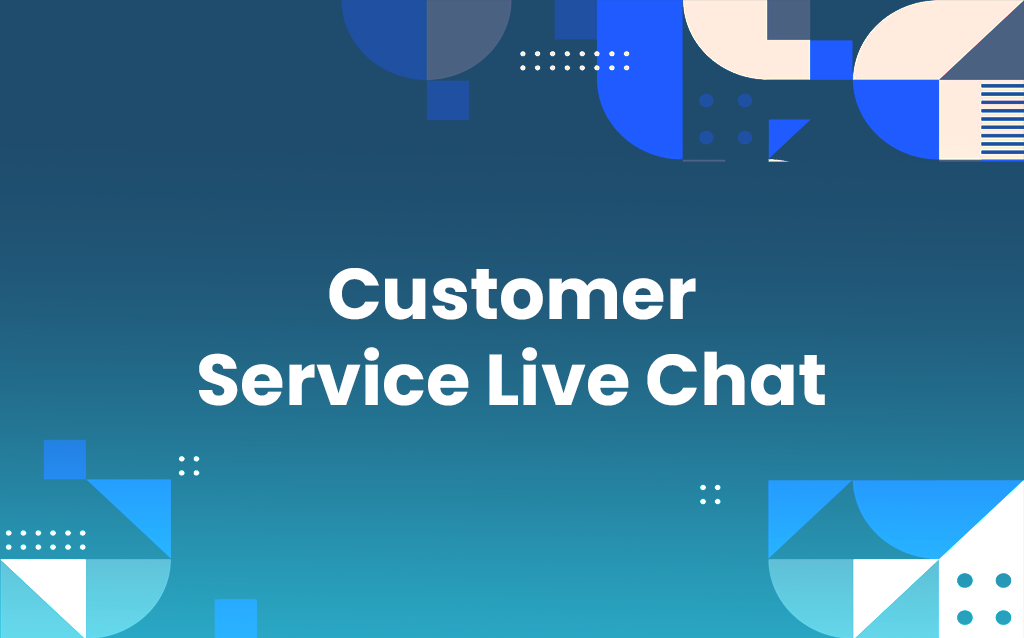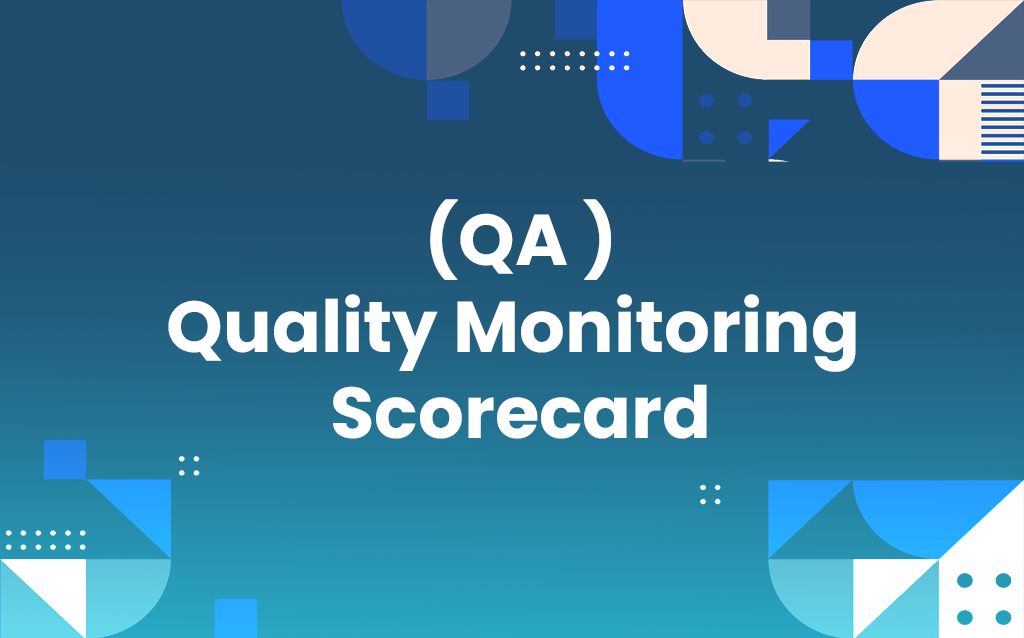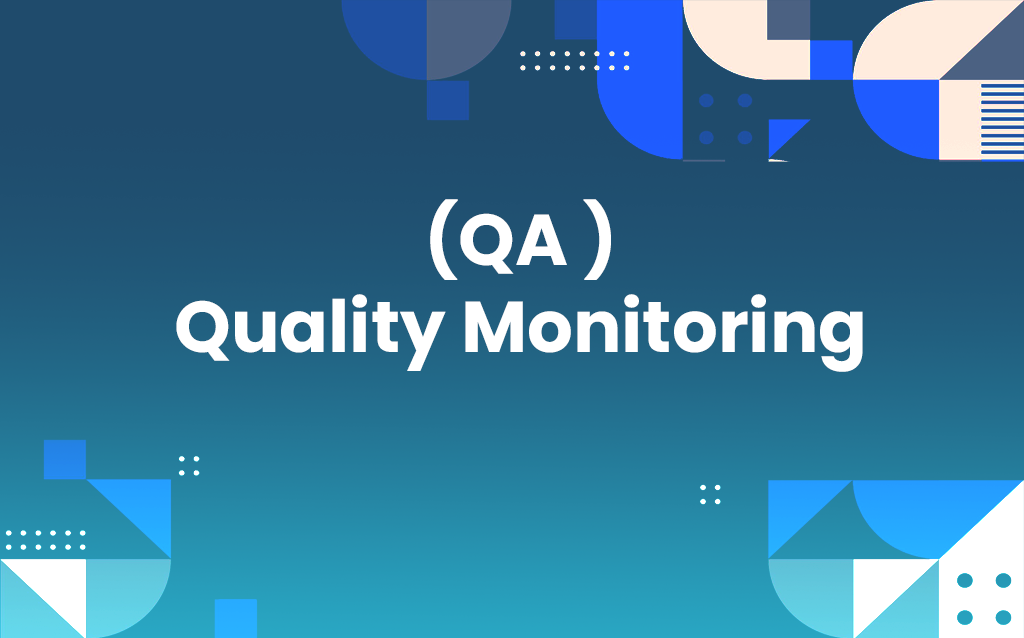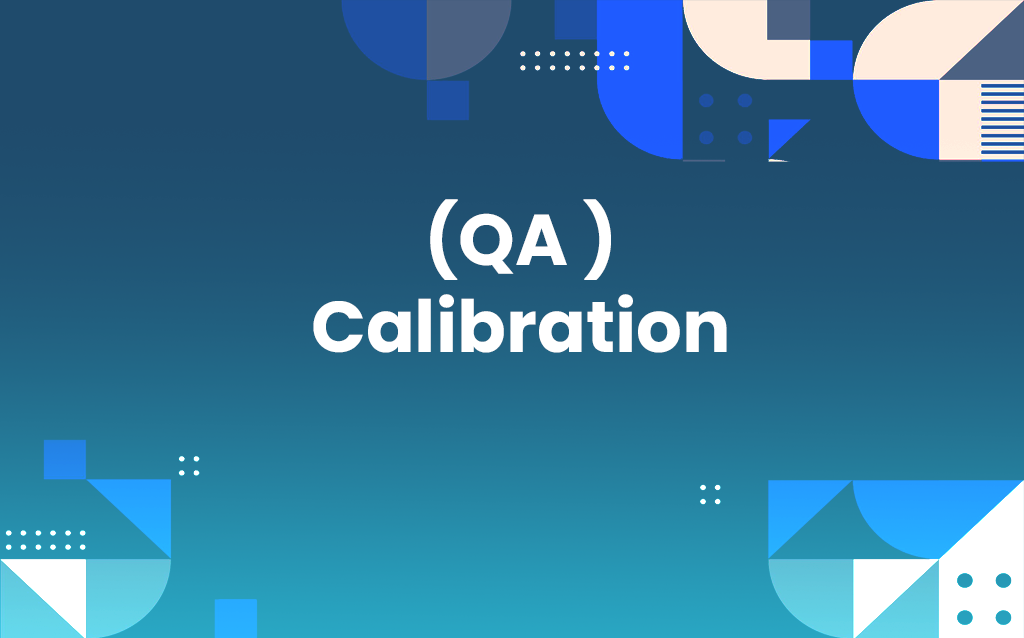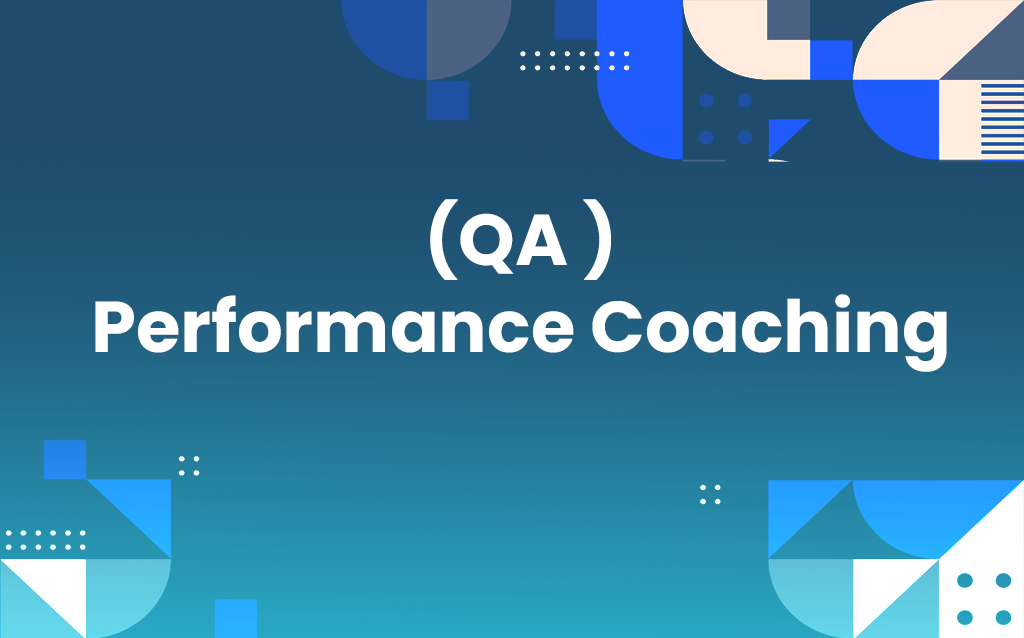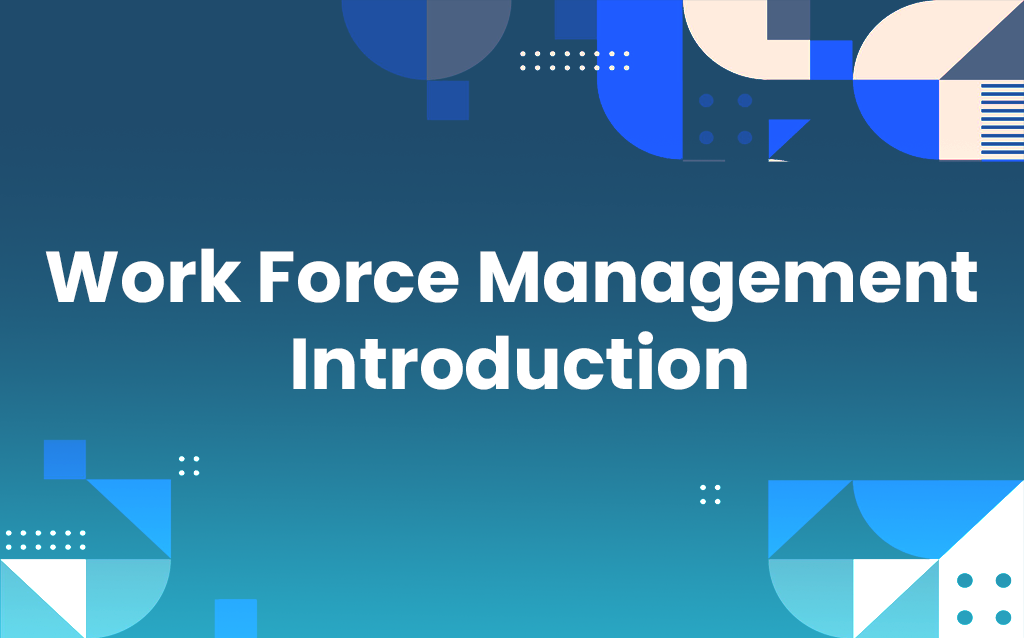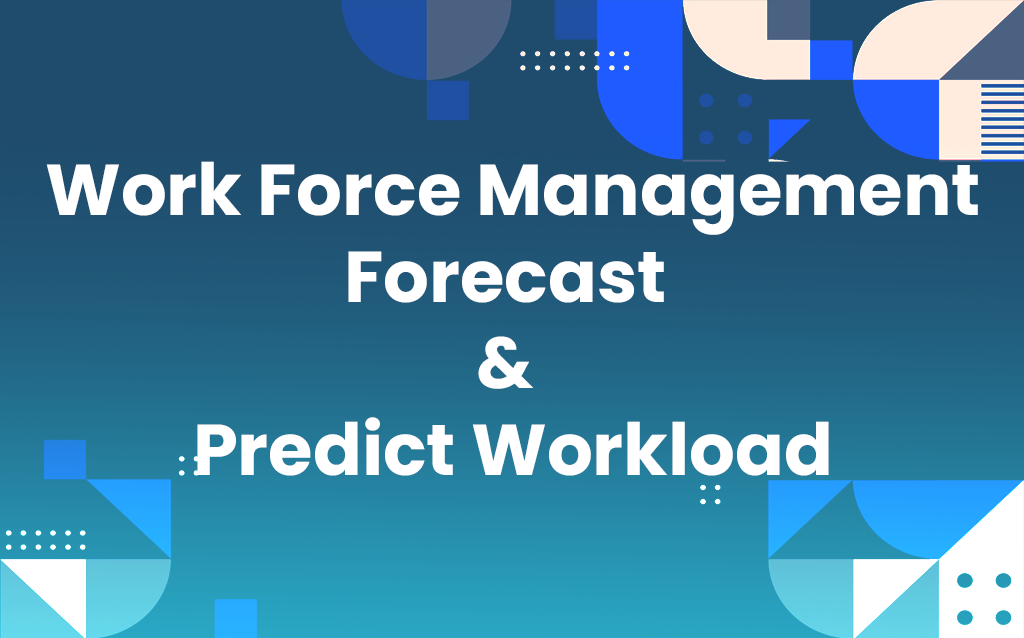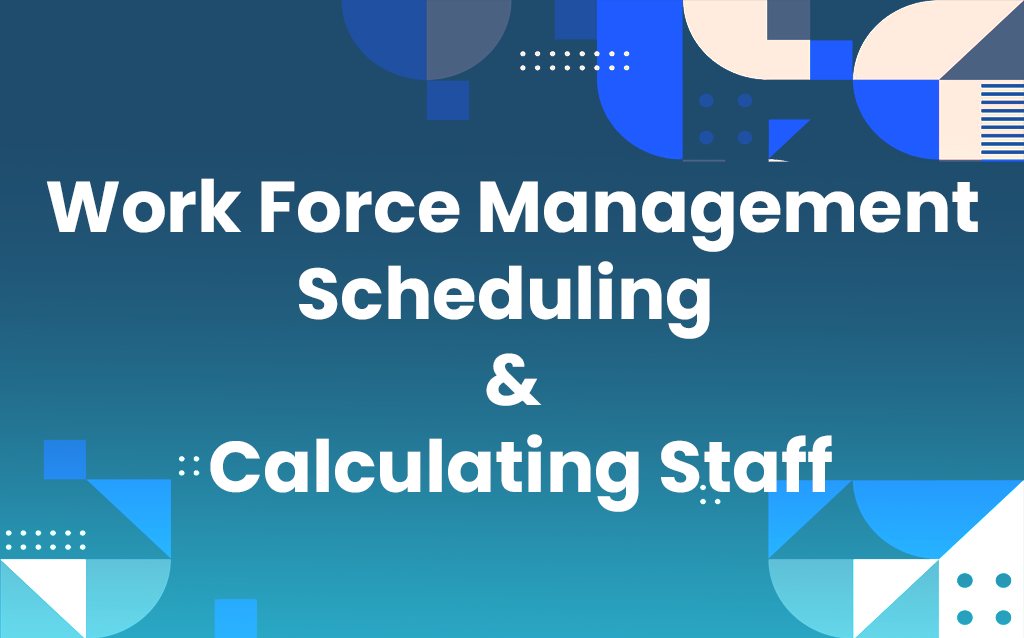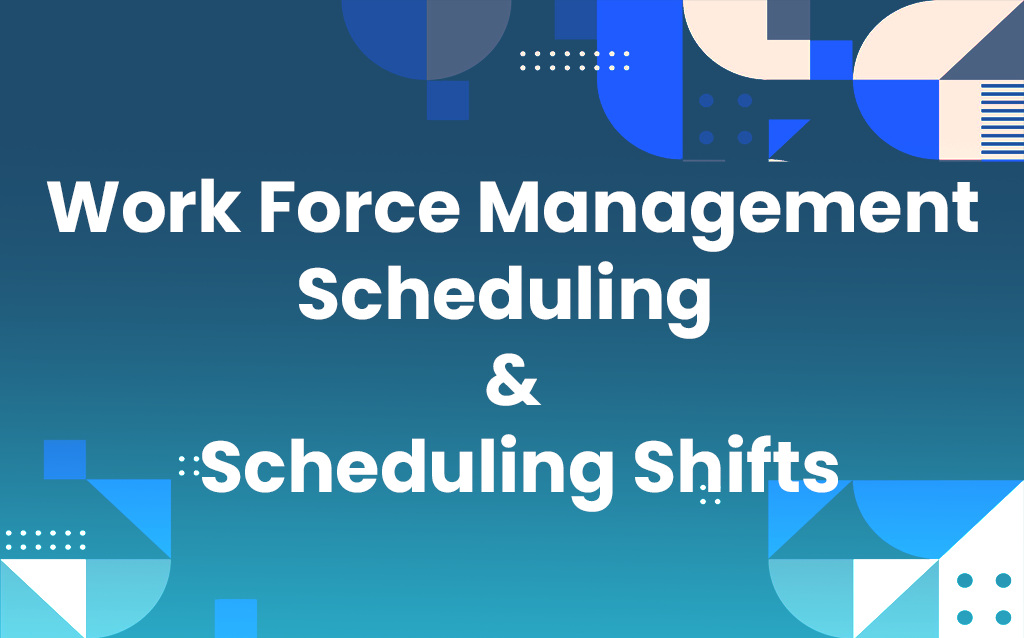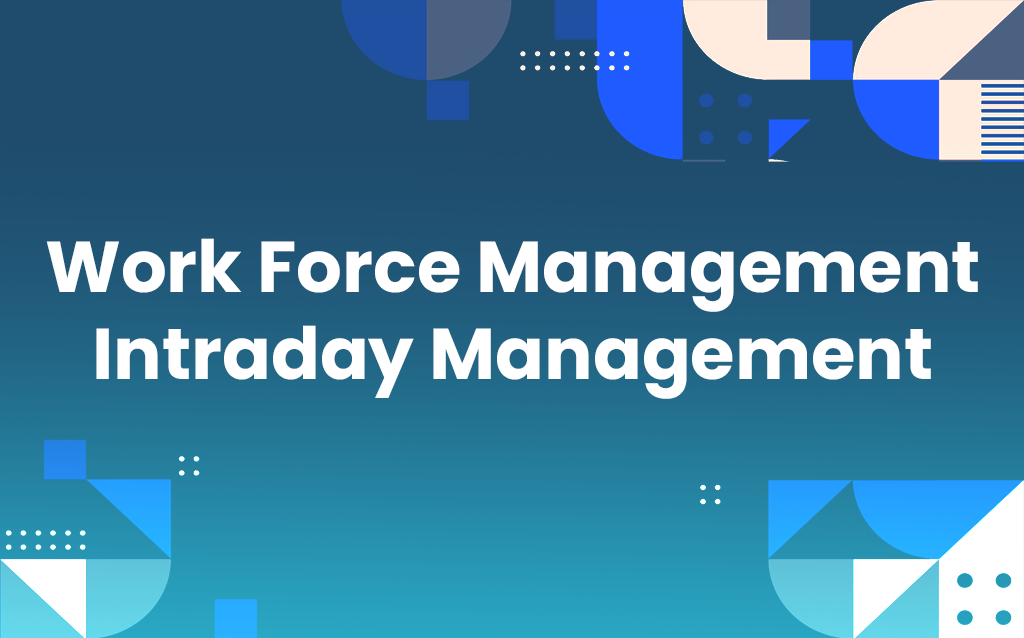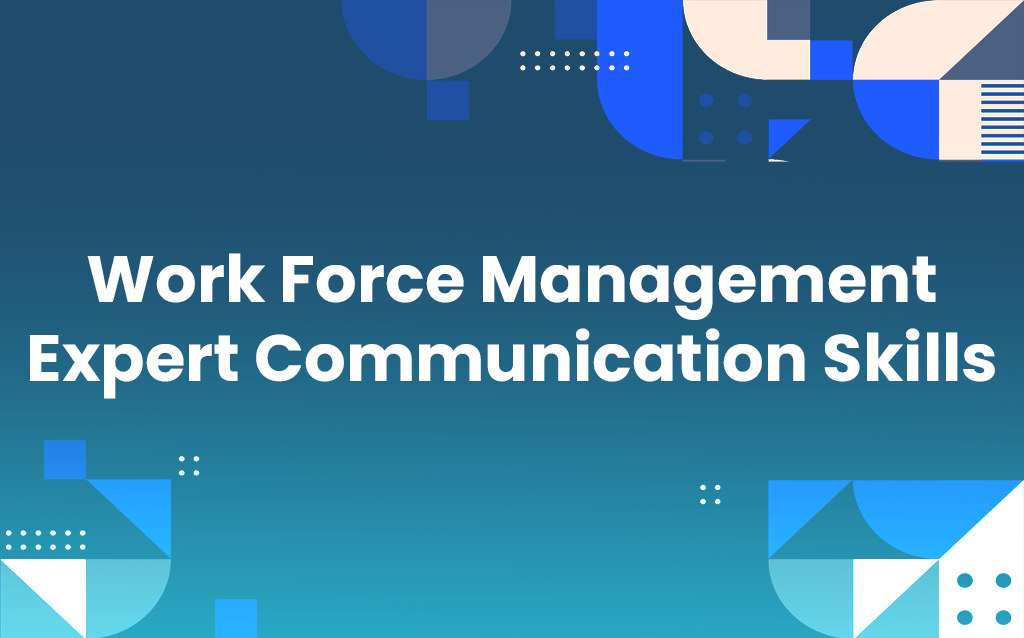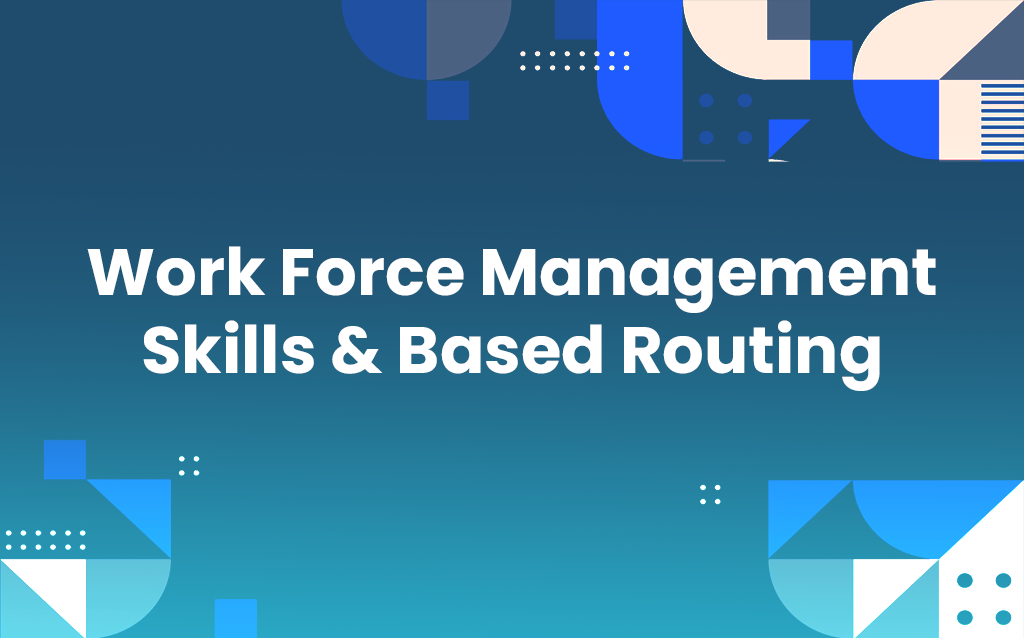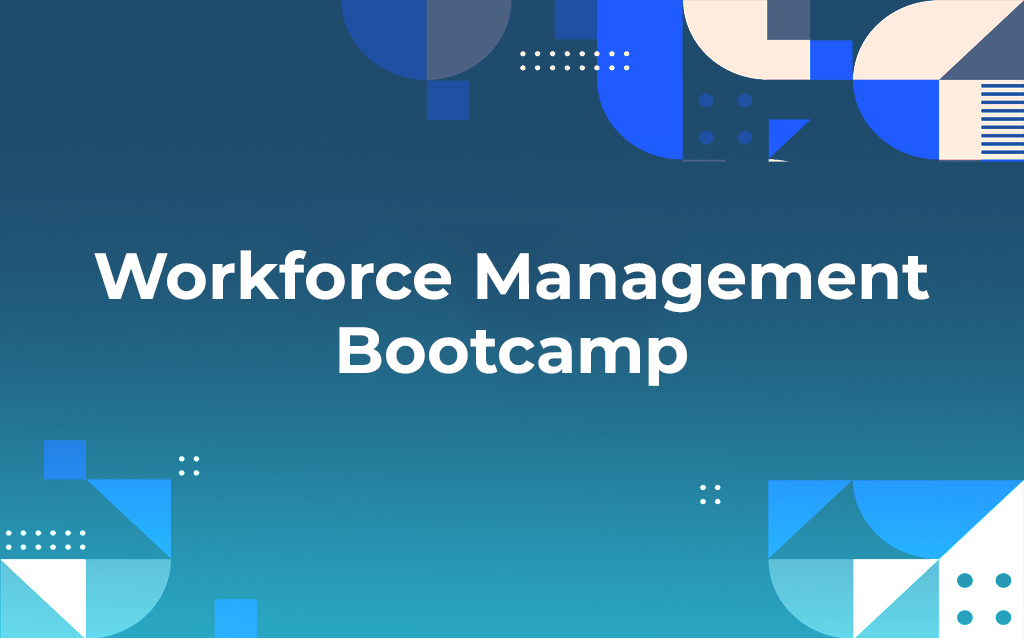With 25 Topic Training Related to
Contact Center Training
- Modul 1 : Trend Analysis
- Modul 2 : Planning Processes
- Modul 3 : Special Situations
- Modul 4 : Performance Measures
- Modul 5 : Other Processes
- Modul 1 : AI In Modern Contact Centers
- Modul 2 : Designing Your Ecosystem
- Modul 3 : Developing a Minimum Viable Product to Scale
- Modul 4 : Optimizing & Refining AI Models & Practices
- Modul 1 : The Principles of Call Center Metrics
- Modul 2 : Tactical Metrics and Reporting
- Modul 3 : Strategic Metrics and Reporting
- Modul 1 : Dimensions of Leadership
- Modul 2 : Communication Skills
- Modul 3 : Change Management
- Modul 4 : Team Building
- Modul 5 : Motivate for Empowerment
- Module 6 : Coaching
- Module 7 : Staffing and Career Support
- Module 8 : Escalations
- Module 9 : Support Center Operations
- Module 10 : Decision Making
- Module 11 : Performance Management
- Module 12 : Supervisor Strategies
- Modul 1 : Concepts, Issues, and Philosophy
- Modul 2 : Design, Engineering, and Reengineering
- Modul 1 : Introduction and Call Center Assessment
- Modul 2 : Introduction and Call Center Assessment
- Modul 3 : Call Center Technology
- Modul 4 : Forecasting and Scheduling
- Modul 5 : Staffing the Call Center (continued)
- Modul 6 : Training and Retention
- Modul 7 : The Quality Monitoring Process
- Modul 8 : Communication and Coaching for Improved Performance
- Modul 9 : Performance Improvement Project Planning
- Modul 1 : Contact Center Mission and Structure
- Modul 2 : Contact Center Call Delivery Systems and Capabilities
- Modul 3 : Service Quality and Effectiveness
- Modul 4 : Efficient Call Handling
- Modul 5 : Agent Utilization, Motivation and Retention
- Modul 6 : Training Contact Center
- Modul 7 : Communications and Coaching for Continuous Performance Improvement
- Modul 1 : Contact Center Mission, Models and Contributions
- Modul 2 : Tracking the Life of a Call
- Modul 3 : Contact Center Structure and Staffing Technology
- Modul 4 : Call Arrival and Delivery Technologies
- Modul 5 : Agent Resource Utilization
- Modul 6 : How Calls are Handled, in Detail
- Modul 7 : How Quality is Managed
- Modul 8 : How Performance is Evaluated
- Modul 1 : Over view quality Assurance
- Modul 2 : QA – Quality Monitoring Scorecard
- Modul 3 : QA – Quality Monitoring
- Modul 4 : QA – Calibration
- Modul 5 : QA – Performance Coaching
- Modul 1 : The Role of Quality Assurance and Monitoring in a
Contact Centre - Modul 2 : QA Analyst Competencies
- Modul 3 : The Monitoring and Feedback
Process - Modul 4 : Performance Feedback Concepts
- Modul 5 : Developing Key Coaching Skills
- Modul 6 : Moving Forward
- Modul 1 : Introducing Live Chat Essentials
- Modul 2 : Anatomi Live Chat
- Modul 3 : Communicating and Building Rapport with your Live Chat
Customers - Modul 4 : Listening to Your Customer’s Needs
- Modul 5 : Investigating Your Customer’s Needs
- Modul 1 : Defining a Quality Monitoring Scorecard
- Modul 2 : Defining Standards
- Modul 3 : Designing the QM Scorecard
- Modul 4 : Implementing the QM Scorecard
- Modul 5 : Using Tools
- Modul 1 : Defining Quality Monitoring
- Modul 2 : Selecting Customer Interactions
- Modul 3 : Monitoring Customer Interactions
- Modul 4 : Considering Common Mistakes and Recommendations
- Modul 5 : Understanding Interaction Analytics Tools
- Modul 1 : Defining Calibration
- Modul 2 : Setting Up the Calibration Process
- Modul 3 : Designing the Calibration Process
- Modul 4 : Understanding Calibration Best Practices
- Modul 1 : Defining Performance Coaching
- Modul 2 : Setting Up the Performance Coaching Process
- Modul 3 : Techniques for Conducting Successful Performance Coaching Sessions
- Modul 4 : Understanding Performance Coaching Best Practices
- Modul 1 : The Challenges of Contact Center Workforce Management
- Modul 2 : Analyzing Data and Creating a Forecast
- Modul 3 : Calculating Requirements and Scheduling Staff
- Modul 4 : Managing Intraday Performance
- Modul 5 : Operational Structures and Stakeholder Needs
- Modul 1 : The Importance of Historical Data
- Modul 2 : Identifying Data Sources
- Modul 3 : Metrics and Data Validation
- Modul 4 : Analyzing Patterns and Events
- Modul 1 : The Importance of Workload Prediction
- Modul 2 : Long-Term Forecasting with Time Series Analysis
- Modul 3 : Creating an Intra-Week Forecast
- Modul 4 : Creating an Intra-Day Forecast
- Modul 5 : The Impact of Events
- Modul 6 : Forecasting the Average Handling Time (AHT)
- Modul 7 : Defining the Forecast Accuracy
- Modul 1 : The Fundamentals of Calculating Staff Requirements
- Modul 2 : Service Metrics and Types of Workload
- Modul 3 : Calculating Staff Requirements for Different Channels
- Modul 4 : Determining Shrinkage
- Modul 5 : Optimizing Staff Requirements Based on Stakeholder Needs and Economies of Scale
- Modul 1 : The Challenges of Creating a Schedule
- Modul 2 : Pre-Planning Considerations
- Modul 3 : Different Methods to Create Schedules
- Modul 4 : Different Methods to Assign Shifts
- Modul 1 : The Importance of Intraday Management
- Modul 2 : Monitoring and Analyzing Data
- Modul 3 : Reacting to Over- and Understaffing and Lack of Adherence
- Modul 4 : Communicating Deviations Effectively
- Modul 5 : Practicing Intraday Management
- Modul 1 : The Importance of WFM-Related Communication
- Modul 2 : Communicating the Impact of Adherence
- Modul 3 : Adapting Your Communication Style
- Modul 4 : Conflict Management
- Modul 1 : Overview of Skills-Based Routing
- Modul 2 : Implementing Skills-Based Routing
- Modul 3 : Exploring Skills-Based Routing Best Practices
- Modul 1 : Your Role in Service and Support
- Modul 2 : Communication Essentials
- Modul 3 : Troubleshooting & Incident Management
- Modul 4 : Customer Management Skills
- Modul 1 : What is Workforce Management (WFM)?
- Modul 2 : Statistics and Excel
- Modul 3 : Forecasting
- Modul 4 : Long-Term Staffing
- Modul 5 : Weekly Staffing and Scheduling
- Module 6 : Real- Time Management
- Modul 7 : Reporting and Data Administration
- Modul 8 : Summary and Next Steps



